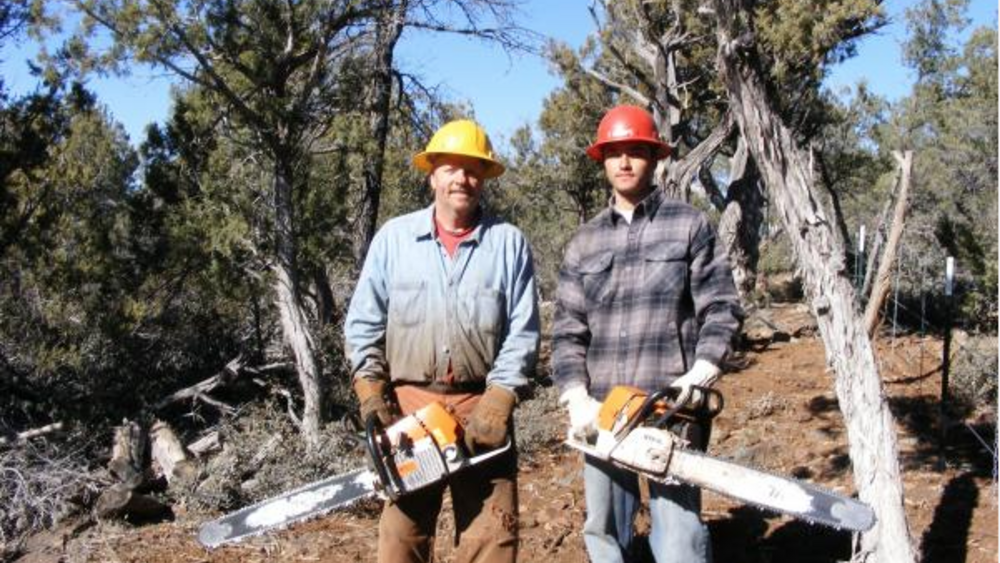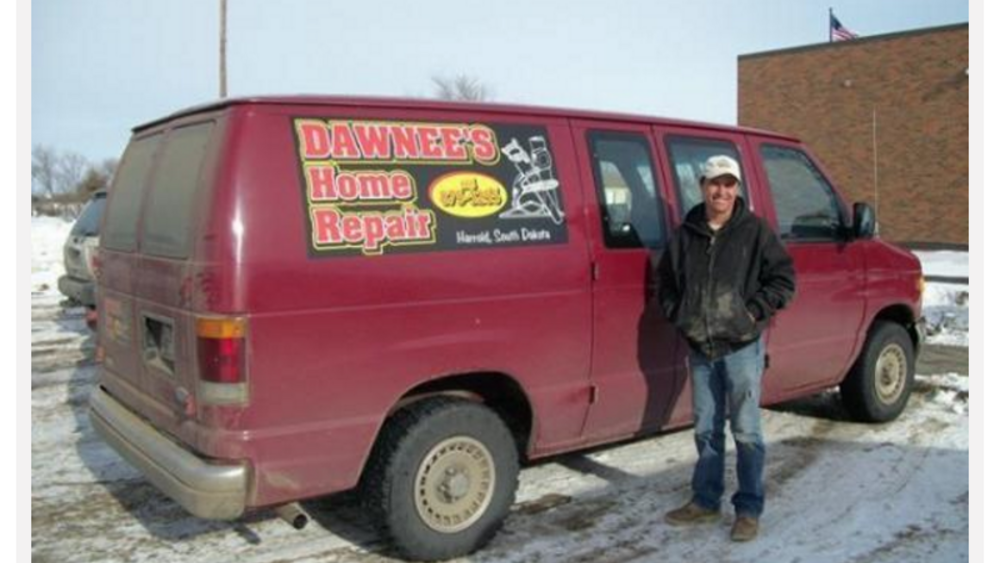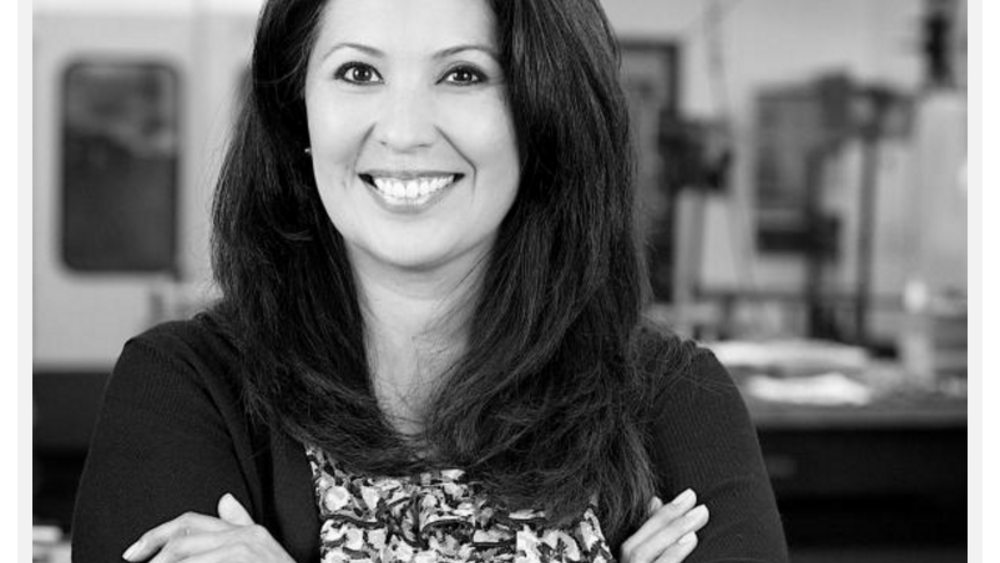Native leaders and scholars discuss the ways that citizen-owned businesses contribute to an improved quality of life for Native nations and their citizens.
Additional Information
Hampson, Tom. Native Nations Institute for Leadership, Management, and Policy, University of Arizona. Cambridge, Massachusetts. September 17, 2009. Interview.
Merdanian, Tina. Native Nations Institute for Leadership, Management, and Policy, University of Arizona. Rapid City, South Dakota. March 3, 2011. Interview.
Pratte, Clara. Native Nations Institute for Leadership, Management, and Policy, University of Arizona. Tucson, Arizona. February 15, 2011. Interview.
Tilsen-Braveheart, Kimberly. Native Nations Institute for Leadership, Management, and Policy, University of Arizona. Rapid City, South Dakota. May 26, 2010. Interview.
Transcript
Clara Pratte:
“Just from a personal perspective, I had to go off reservation to go to school, to do laundry, to do everything. Just the convenience of that, of being able to be in your own community, and to have something that’s run by your own community, not have to travel such vast distances. So it is extremely expensive to live in rural America period, and anything we can do to help the population itself. And then of course the ripple effect of providing not just service-industry jobs, but, you know, jobs where people can become upwardly mobile, I mean trades and skills where you can really, really sustain yourself and your family.”
Tom Hampson:
“We oftentimes get mixed messages from tribal council that small business owners and small business development is important, but it’s not important enough to invest significant dollars of tribal resources into those support programs. On the other hand, those tribes that do that tend to match sort of the Harvard [Project] profile of successful tribes. Because the recognition of the investment in entrepreneurship is also an investment in human capital development, in social capital development, and, but fundamentally, in family asset building, because small businesses are a very efficient way of generating family assets.”
Kimberly Tilsen-Brave Heart:
“That to me is one of the most powerful things, in all of the work that I do, is really seeing the entrepreneur be able to carry the pride of what they’re providing for their families. And they may not be able to buy the big fancy house, but nine out of ten times, that’s not why they’re doing that business. They’re doing it because it’s hard work and it’s something their community actually needs. It’s a service that isn’t there. And we need to make things as a community. We need to create what we want for our children. And they’re so excited, because now they understand that they don’t have to go to a tribal job. They don’t have to be a teacher -- I’m not saying that they shouldn’t be -- I'm not saying that they shouldn't be -- but they don’t have to be a social worker. That now, for the first time, they have an opportunity to be able to be whatever, and do whatever, they want on their reservation. They don’t have to move to Denver or Minneapolis in order to be successful. They’re realizing that they can be the mainstream idea of success, but in their home with their Lakota values, and money can’t buy you that.”
Tina Merdanian:
“I think, you know, the ripple effect is first the education process, and really defining what it means to be a business owner on the reservation -- how that effects the family in providing the financial support as well. But at the same time, it’s creating a labor force, it’s creating venues in which education can happen, not just at the Chamber [Pine Ridge Area Chamber of Commerce] level, but you’re seeing it through the CDFIs, you’re seeing it through the local college in entrepreneurship programs beginning and taking root. You’re also seeing the fact that through taxes, it’s creating the revenue within the reservation. The variables are just enormous in regards to what it’s doing on the reservation. For example, Subway opened up -- first year, employed 15 people. Second year, they branched out into Kyle [South Dakota] and they employed 30 people. Thirty people who are able to bring an income, a steady income, to home. And what that creates for the family is that sense of stability, that sense of security as well of pride, that 'I can provide for my family,' that 'I am learning a new skill,' that 'I am able to move out and move forward.' And it’s just amazing to see people really blossom professionally as well as through the culture. And for me to see these people, and that they’re doing well -- you know, being able to have a vehicle now, being able to pay for rent, to get their own place, from moving out of a home of 17 people in one home, and being able to have their own place now -- it’s just amazing in regards to what it’s doing on the reservation.”



